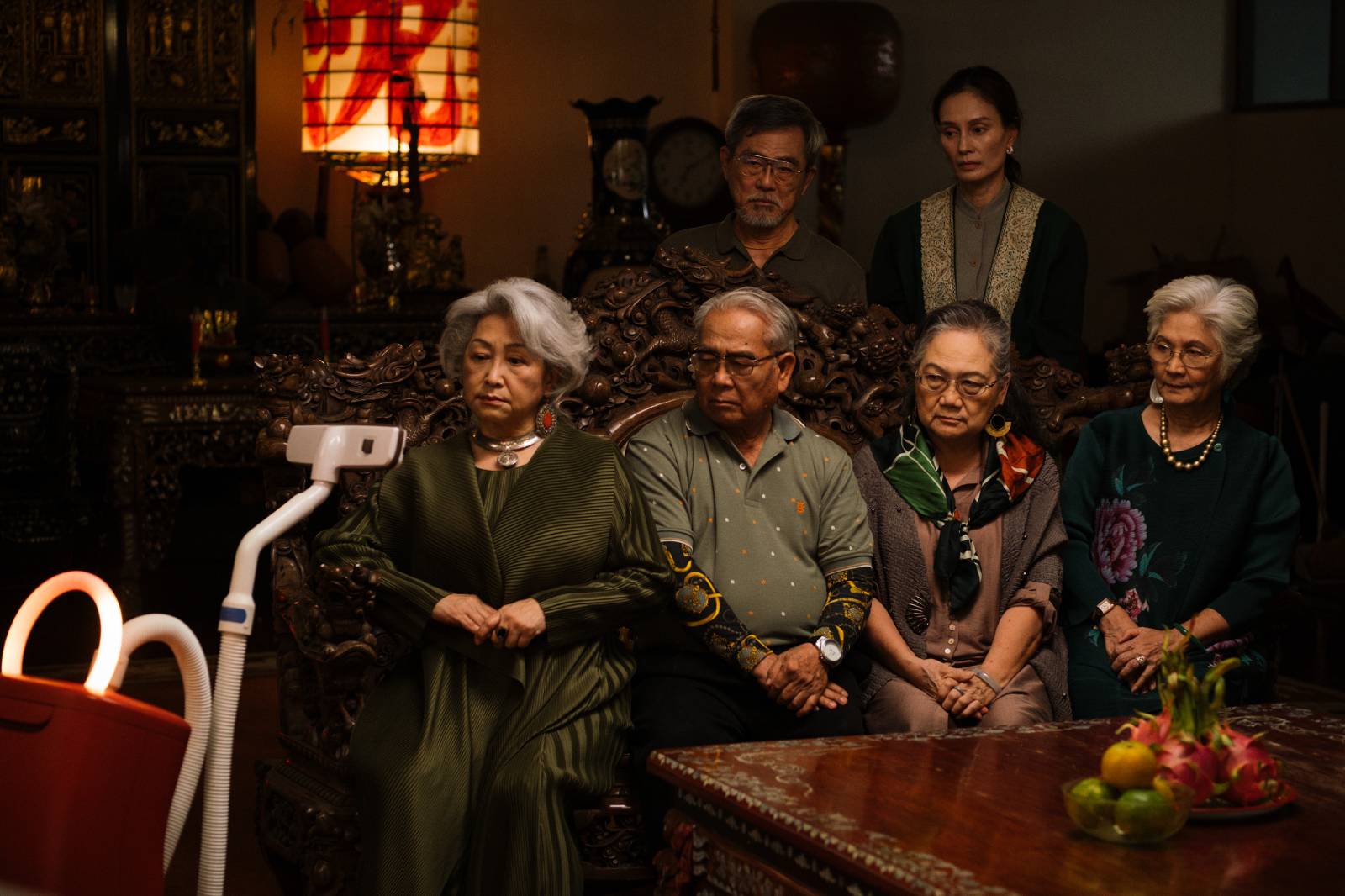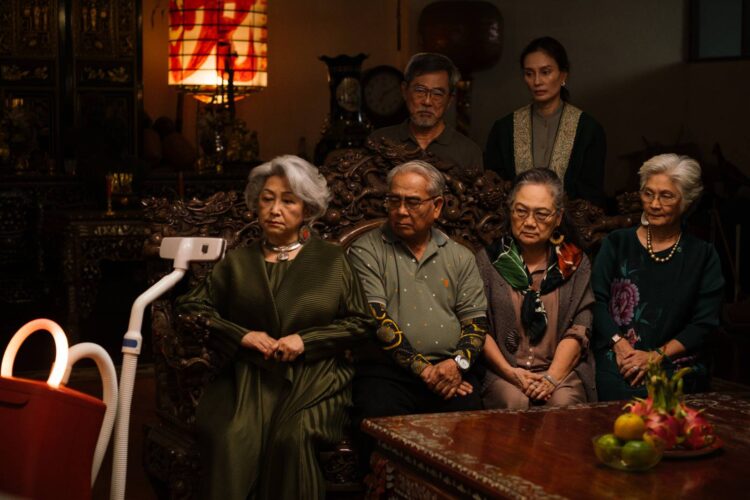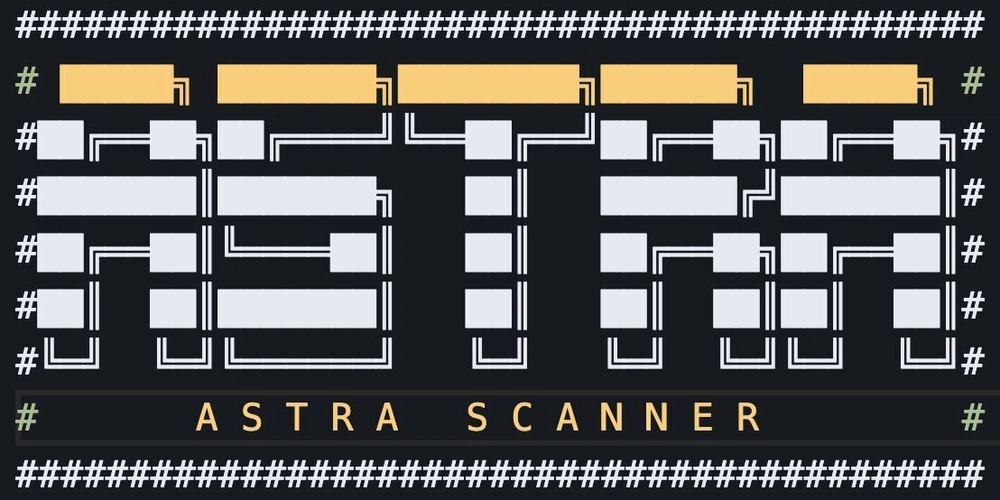Cannes Review: A Useful Ghost Tells a Peculiar, Humorous Paranormal Tale
While ghosts and spirits have long been the conduit for cinematic scares and jolts, from The Innocents to Poltergeist to The Ring, a relatively recent wave of films exploring the supernatural has been more concerned with the tangible, emotional effects these specters can have on the living. In that sense, a spiritual cousin to the […] The post Cannes Review: A Useful Ghost Tells a Peculiar, Humorous Paranormal Tale first appeared on The Film Stage.


While ghosts and spirits have long been the conduit for cinematic scares and jolts, from The Innocents to Poltergeist to The Ring, a relatively recent wave of films exploring the supernatural has been more concerned with the tangible, emotional effects these specters can have on the living. In that sense, a spiritual cousin to the likes of Uncle Boonmee, Personal Shopper, A Ghost Story, and Light from Light, Ratchapoom Boonbunchachoke’s directorial debut A Useful Ghost is a strange, tranquil, humorous exploration of the conundrums that would emerge were ghosts an accepted occurrence in everyday life, and what such phantoms could illuminate about the social and political troubles of modern Thailand and industrialization at large.
“Dust is a necessary evil. There is no progress without dust.” These early words set the stage for the rampant commercialization in the aim of increased profits that afflict the characters, both corporeal and phantasmic, of A Useful Ghost. The daily life of an “academic ladyboy” (Wisarut Homhuan) is burdened by the accumulation of dust from the nearby construction site of a massive mall, replacing local shops and extravagant murals. After procuring a vacuum to clean up the debris floating into his apartment, he begins hearing strange coughing sounds seemingly coming from the device. A serviceman named Krong (Rungkumjad Krong) arrives near-instantaneously after a call is placed. In a nesting-doll structure of sorts, Krong begins to share a tale of the factory and the worker who haunted these appliances after dying from unsafe conditions. Peeling back more layers of the supernatural tale, he conveys that March (Witsarut Himmarat), son of the matriarch businesswoman Suman (Apasiri Nitibhon) running the factory, lost his wife Nat (Davika Hoorne) and their child-to-be after becoming afflicted with a respiratory disease. Nat then reappears in the form of a red vacuum cleaner and a human-ghost love story blossoms, complete with sexual encounters.
While the inherent absurdity of such a concept could’ve easily swerved into narrative territory too silly to earn emotional investment, Boonbunchachoke mostly finds the ideal tone of sly and serene satire to pull off such a difficult balancing act. As March interacts with Nat’s spirit that is housed in the vacuum cleaner, we first see Nat in her human form, establishing an eternal physical bond that endures, even if only in the mind of March. Comical cuts reveal the reality of how the family and others see the possessed vacuum cleaner, snuggling up with March. Assertions of the “immoral” connection between machine and man start to fly. As comical as the situation is on the surface, the reactions of witnesses are matter-of-fact, accepting Nat’s presence while rejecting the enduring relationship. This leads to rather humorous scenarios imagining what might happen if tangible ghosts appeared in everyday society and everyone took them at face value. Could a ghost be charged with stealing a vacuum cleaner that it possesses? Can ghosts give approval to use their frozen eggs for artificial insemination? What are the moral implications of ghosts entering others’ dreams?
Cinematographer Pasit Tandaechanurat finds a beautiful elegance in each frame, accompanied by a harp-heavy score from Chaibovon Seelukwa that gives the sense of being whisked away on a magical, dream-like story, buoyed by playful wipe dissolves and iris shots. While the humor of an outlandish situation taken at face value can feel too labored and the passive approach can occasionally register as languid, Boonbunchachoke’s script smartly expands the initial set-up to consider how love endures even as memory has faded, and what happens when a ghost finally achieves resolution. With the emergence of other themes––involving the scars of unsafe labor conditions, queerness, political uprising, and the machinations of a ghost society––one realizes A Useful Ghost has more on its mind than a peculiar love story. A surprising coda that leans into more genre-friendly jolts can feel at odds with what came before, yet A Useful Ghost marks an impressively ambitious, layered debut about a spirit’s ability to illuminate the ills and complications of modern life.
A Useful Ghost premiered at the 2025 Cannes Film Festival.
The post Cannes Review: A Useful Ghost Tells a Peculiar, Humorous Paranormal Tale first appeared on The Film Stage.


















































































